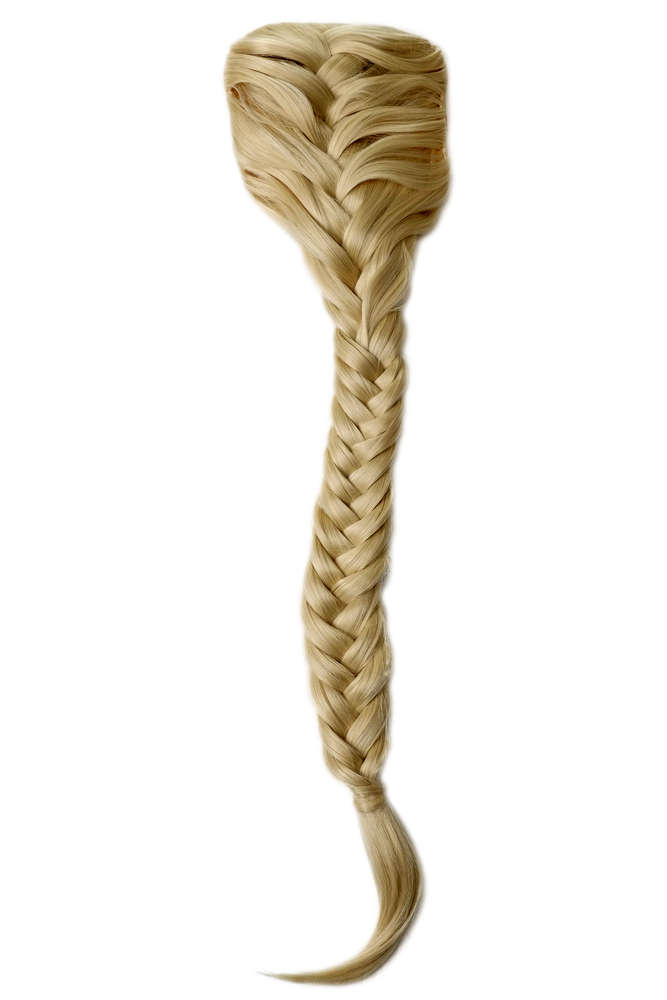
The cookie is used to store the user consent for the cookies in the category "Performance". This cookie is set by GDPR Cookie Consent plugin. The cookie is used to store the user consent for the cookies in the category "Other. The cookies is used to store the user consent for the cookies in the category "Necessary".


The cookie is set by GDPR cookie consent to record the user consent for the cookies in the category "Functional". The cookie is used to store the user consent for the cookies in the category "Analytics". These cookies ensure basic functionalities and security features of the website, anonymously. Necessary cookies are absolutely essential for the website to function properly. A connective expression (such as now, meanwhile, anyway, or on the other hand) that links spans of discourse and signals semantic relations in a text. Is it cue up or queue up?Ī: Although both “cue up” and “queue up” appear in the mainstream media in the sense of to prepare an audio or video recording to play, the language authorities who’ve commented on the issue prefer the phrasal verb “cue up.” What are the cue words?Įxamples of cue phrases include now, well, so, and, but, then, after all, furthermore, however, in consequence, as a matter of fact, in fact, actually, okay, alright, for example, and incidentally.Ĭue Word (or Phrase) in English. to miss the point: You could tell by his expression that he had missed a cue.

CUE UP OR QUEUE UP FULL
What is the full form of cue?ĬUE Full Form is Microsoft Cue Cards data Term The actor interpreted the crowd’s applause as his cue to take another bow. As a noun, cue can mean a signal or a hint telling another person to do something, like in the following sentences. When to Use Cue Cue can be a noun or a verb. Homophones are words that sound the same but have different meanings. Both cue and queue are pronounced like the letter Q, and are considered to be homophones. Cue typically refers to a signal that encourages someone to take an action, while queue indicates an ordered line or file.


 0 kommentar(er)
0 kommentar(er)
